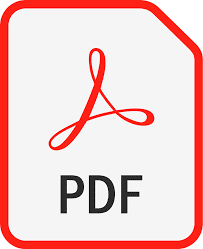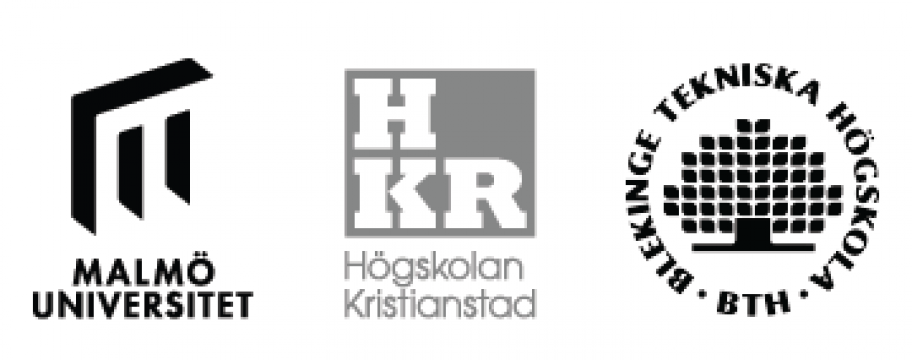- Presentatörer: Jayne Bryant, Giles Thomson
- Språk: Engelska
- Rumsvärd: Stefan Larsson
- Typ av session: Presentation, 30 min
- Lärosäte: Blekinge Tekniska Högskola
- Länkar till presentationen:
 Pdf |
Pdf |  Zoominspelning
Zoominspelning
Abstract
In an increasingly complex, fast-changing and unpredictable world many traditional educational modes based upon narrow disciplines are outdated and unsuited for training people for the work of tomorrow. Many of today’s high demand jobs did not exist a decade ago, the same will be so in the future. How do educators plan for unknown or emergent areas? And is the purpose of education larger than training for jobs? What are pedagogies for the future? (e.g. Craft et al., 2013; Facer, 2013; Inayatallah, 1998) One approach is to educate flexible and adaptable people, who can work in cross-disciplinary or even transdisciplinary ways, and have the inter-personal and intra-personal skills to navigate an uncertain future. This is particularly true for addressing the global sustainability challenge, which presents a ‘wicked problem’ with no simple solutions but an urgent need for change, and an intense pressure to work and learn together in addressing them. Traditional university courses based upon long established disciplinary pathways are too narrow and too rigid to train the kind of population needed to effectively address the complex and intertwined challenges of sustainability. Some argue that the mainstream approach to learning, education and research is actively co-producing the very opposite sustainability (Bradbury et al., 2019; Wals and Jickling, 2002). This paper argues instead, there is a need for more inter and trans-disciplinary educational programs that encourage transdisciplinary praxis and action research – i.e. the application, and co-creation, of knowledge in real-world contexts, with stakeholders. It also needs to use emancipatory pedagogies to support graduates who are capable of critical reflexivity, who will work towards sustainability transformation of social systems where they themselves create the institutions, cultures and societies we need (e.g. Freire, 2000; Macintyre et al., 2018; Patton, 2018; Bryant & Thomson, 2020). This is akin to the notion of Bildung, where the inner development of the human being and the flourishing of society are entwined (Mogensen and Schnack, 2010; Vásquez-Levy, 2002). This paper uses a narrative literature review to define sustainability, to define sustainability education, and to describe some of the major shifts in the evolution of the discipline. It shows how sustainability pedagogy shares some similarities with other transformational learning pedagogies, yet it can be considered a separate field with one main distinguishing factor – that it is about transformation toward the normative notion of sustainability. Sustainability pedagogy is grounded within environmental science that recognises all human activity must be considered from a future-oriented systems perspective that respects the finite capacity of our home Earth, and the essential need to maintain biosphere health to allow human flourishing.

